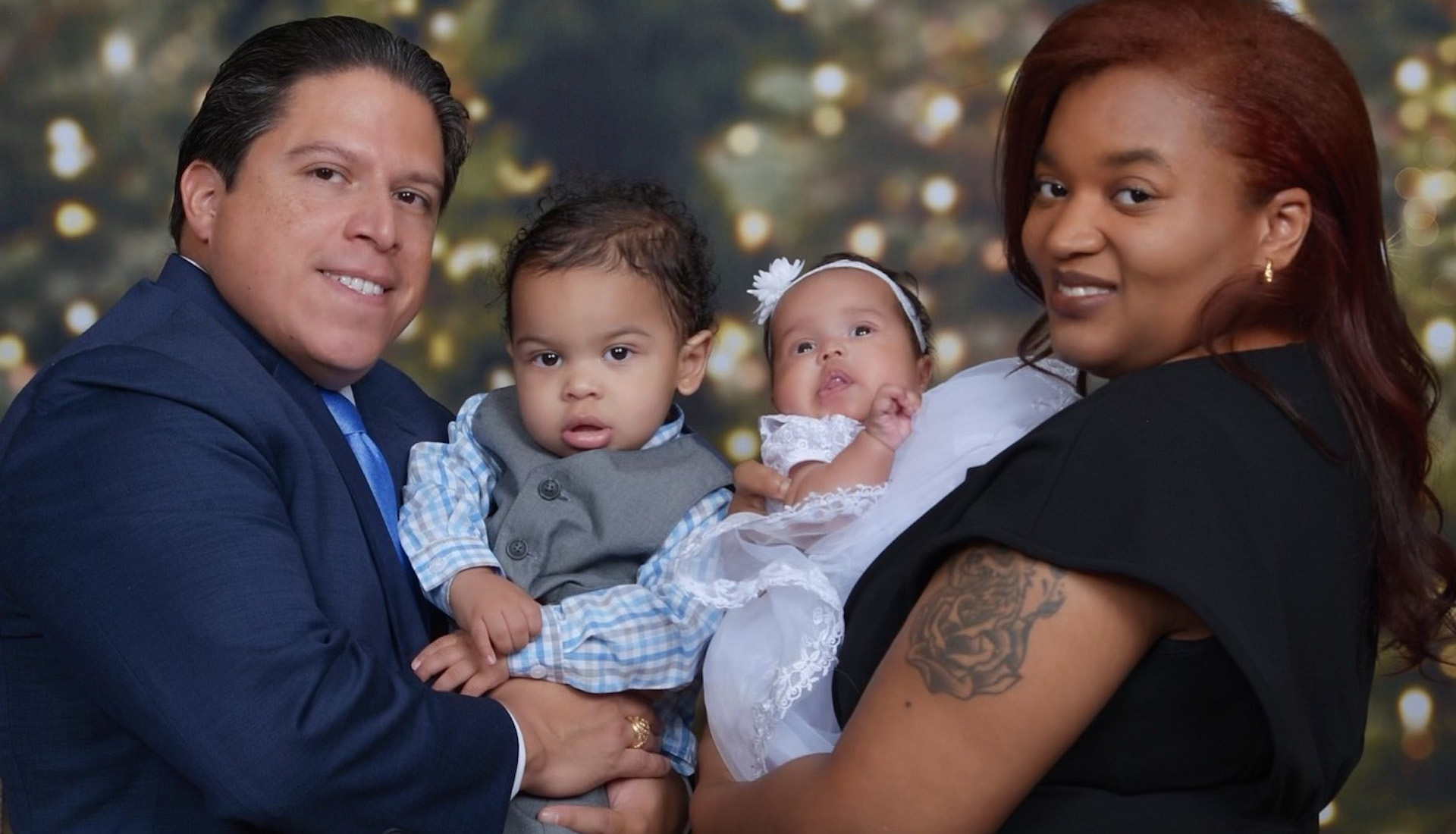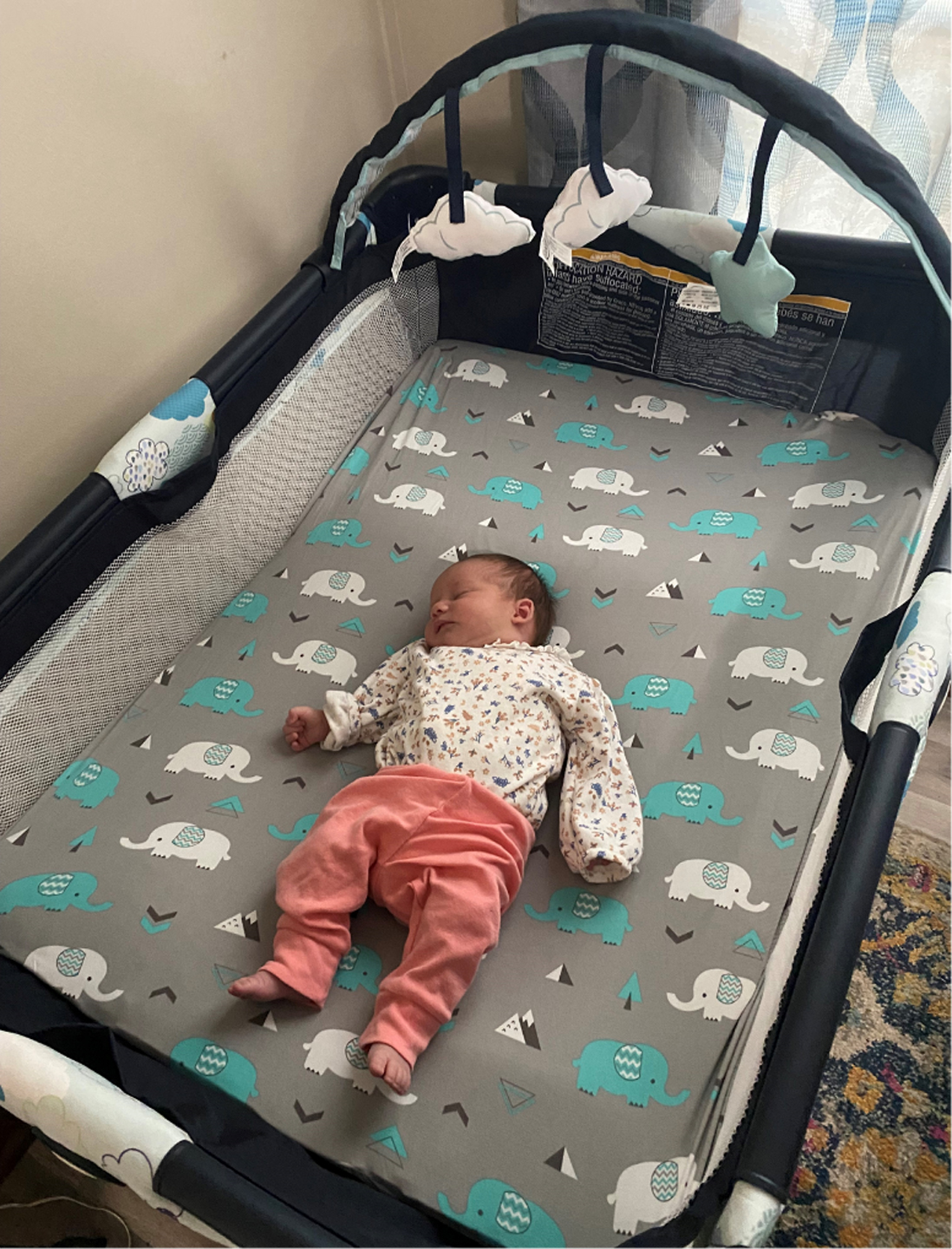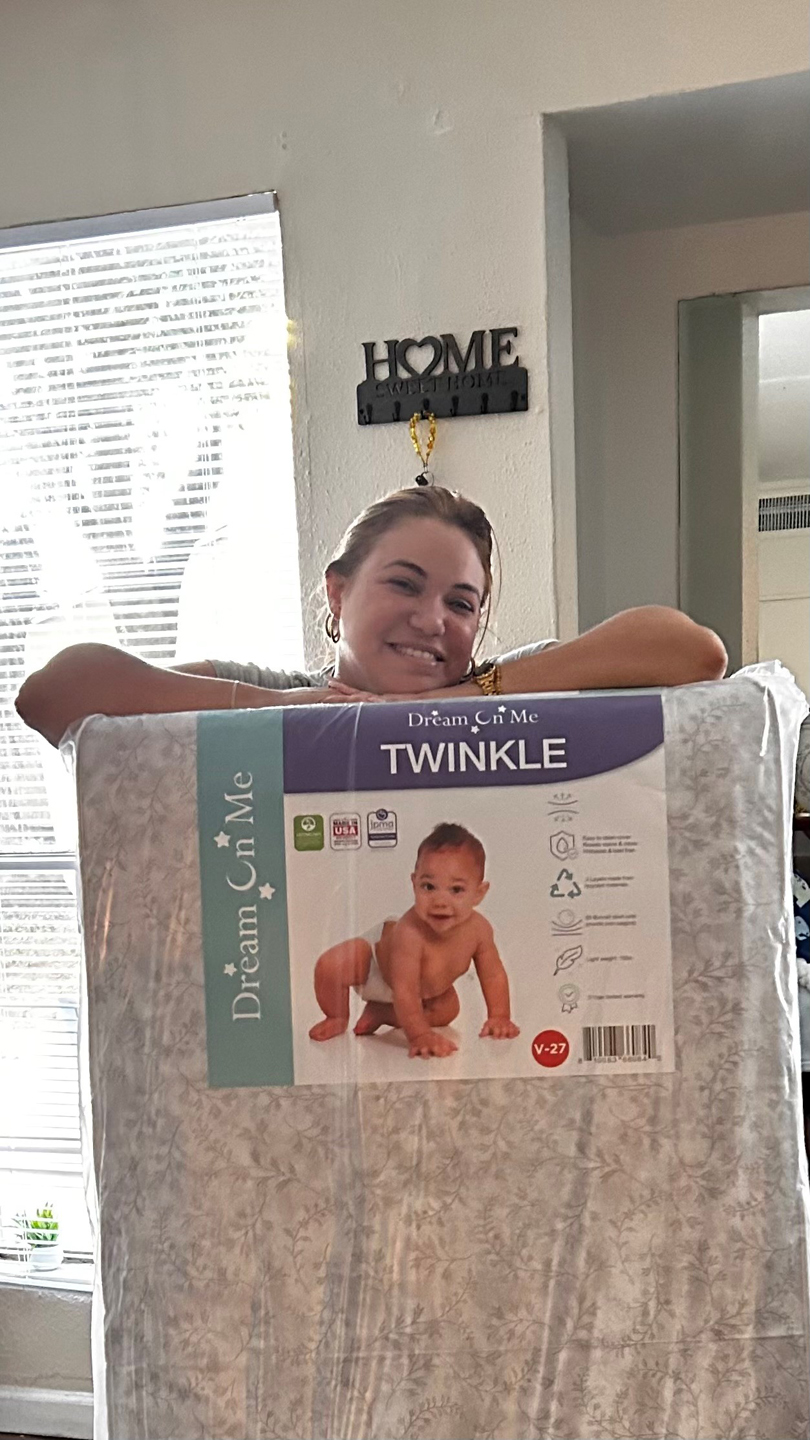

When it comes to early childhood development, health care workers often advise new parents to read and talk to their babies, offer enriching and engaging interaction and focus on building nurturing relationships.
But what happens when families can’t focus sufficiently on these things because they are burdened by more basic, immediate needs, such paying rent, keeping the electricity on and feeding their families? Perhaps some are struggling with mental health. Too often, children in these households experience developmental delays and may be at higher risk for abuse, neglect and entry into the foster care system. This can put children on a path to an array of negative outcomes, ranging from school truancy to criminal activity that can impact their life trajectory.
Many negative outcomes can potentially be avoided or eased, if families’ basic needs are met and they obtain more support during their children’s early years.

In October 2015, Texas Children’s Hospital established the Division of Public Health Pediatrics to mitigate childhood adversities resulting in more cases of abuse and neglect by:
The division’s goal is to foster resilience at the individual, family and community levels. Staff provide medical evaluations and treatment for children with injuries related to abuse and neglect, clinical services for children in foster care and long-term follow-up for children with traumatic brain injuries. The division also includes a growing number of community-based prevention programs that support families with children.
“Our intention is to focus on the social issues affecting children and their families that medicine doesn’t always know how to deal with, but are meaningful to peoples’ lives,” said Christopher Greeley, MD, MS, Division Chief of Public Health Pediatrics and Vice Chair for Community Health, Department of Pediatrics.
To better explain the division’s focus, Dr. Greeley references Maslow’s hierarchy of needs — a psychological theory that organizes human needs into a pyramid, with basic needs like security, safety, sanitation and food at the bottom and self-actualization at the top.
Dr. Greeley explains, “Many people, particularly those in urgent need or in crisis, must focus on solving their basic problems before they can even begin thinking about that higher level. It’s crucial to ensure that people have access to essential care and services, enabling them to meet their basic needs before striving for higher goals.”
Care coordination ranks high among the division’s services. Staff work with participants to get them the help they need, whether it’s filling out paperwork for social service programs like WIC or Medicaid, accessing community resources for food and housing, or obtaining legal or immigration assistance. In some cases, the division’s programs can provide limited emergency assistance, such as a gift card to a grocery store when the food bank is closed.
“Helping people is more than just information transfer, said Bethanie Van Horne, MPH, DrPH, Associate Professor and Director of Research for the Division. “For many people, understanding where to go for resources can be complex and confusing, especially if one is lower literacy or speaks English as a second language. We want to build trust in the health care system among vulnerable populations.”
The division comprehensively serves expectant parents and families with young children through upSTART Community Programs, five programs designed to help families in Greater Houston access the knowledge, tools, services and resources necessary for their children to thrive. From its inception through the end of 2023, upSTART Community Programs reached nearly 3,300 people in Harris County and contiguous areas.
Based on the premise that the strongest predictor of childhood success is what happens during the first three years of life, upSTART Community Programs were created to support children’s early brain and language development and maternal mental health. The programs focus on the social drivers of child and maternal health and wellness. Early brain development is a key indicator of long-term outcomes for infants and young children, and mothers are often their children’s strongest champions.
“We want to help mom and dad be the best parents possible with early brain development, so they put their child on the right trajectory and give them the best start at life,” said Ursula Johnson, PhD, upSTART’s Project Director.
Free to clients, UpSTART Community Programs are funded by the Texas Department of Family and Protective Services and philanthropic funding. Programs are administered virtually, via in-home visits or through in-person classes in local communities.
The upSTART Community Programs are:
upWORDS
The first upSTART program, upWORDS, launched in 2016. Open to families with children up to 36 months of age, the program strives to improve early childhood language. Over four months, participants attend 16 one-hour group sessions and two one-on-one sessions led by a health educator.
While participating in upWORDS, parents complete a self-reported developmental snapshot that measures their infant or toddlers’ receptive and expressive language milestones. Their progress is tracked throughout the program. Additionally, one day per week, children wear a device that records parent-child interactions for up to 16 hours. Algorithms analyze the quantity of words spoken to the child, conversations between adults and the child and the child’s vocalizations, comparing these against time watching TV or using electronic devices. Between each session, parents turn in the recording devices and receive reports with objective data and feedback on how to improve.
“The ability to reflect on behaviors each week is extremely helpful for encouraging change,” Dr. Van Horne said. “For parents, the weekly reports objectively demonstrate how they are engaging and talking with their child. Parents can see the changes they are making to provide a stimulating and rich language environment for their child and identify areas in which they want to see more growth.”
upWORDS2
upWORDS2 is for parents who have completed upWORDS and seek further education and support on positive parenting and child behavior. Over eight weeks of group sessions, parents apply positive behaviors and disciplinary practices learned in upWORDS2.
upWORDS BRIDGES
upWORDS BRIDGES is for parents concerned about their child’s potential developmental delays. Over six to eight sessions, families receive customized consultations with a speech-language pathologist (SLP). If needed, SLPs can refer children to developmental pediatricians and can help families with referrals to the state’s early childhood intervention program.
upLIFT
Up to one-third of women experience perinatal depression. To help pregnant women and new mothers who have given birth within the last year cope with depression and anxiety, upLIFT offers up to eight sessions with a licensed social worker, at home or via telehealth. Participants discuss their issues and learn strategies to ease symptoms.
Preliminary research by the Division showed that home visits by a social worker were as effective in treating perinatal depression as in-office appointments with a psychiatrist. Program evaluations reveal that upLIFT significantly decreases symptoms of depression and anxiety while increasing maternal self-efficacy, parent-child bonding and family protective factors.
upREACH+
upREACH+ supports pregnant women and their families in preparing for a newborn. The program is available to patients at Ben Taub Hospital’s High-Risk Obstetrics Clinic who lack prenatal care or develop high-risk conditions.
Through an average of two to six home and virtual visits with a nurse and community health worker, families receive essential information and resources to support maternal health, promote family well-being and ensure a safe, nurturing environment for their baby.
Families that meet enrollment criteria can register for any of the upSTART Community Programs online at www.texaschildrens.org/upstart.

“When I started my sessions, I began to notice a change in me. I felt more relaxed and less stressed because I put into practice everything that [staff] and I talked about. Being in this program helped me understand that I am also important. It help me to understand my children and to have more communication with them and with my partner. It was a very nice experience, and I am grateful for all the help.”
“Thank you for these enriching weeks, and thank you for reminding me of the value I have as a person and a woman. It had been so long since I thought about me. I didn’t value myself and didn’t take time for myself.”
“My child went from non-verbal to speaking in phrases. We are no longer quiet parents. She is so happy now!”
“I feel so lucky to have stumbled upon this program!”
“My daughter is starting to understand and follow directions now. She is using descriptive words.”
“I am so much more aware of how not to get distracted around my son. If he is awake, I can be making a change!”
“I now have consistency in talking with my baby.”